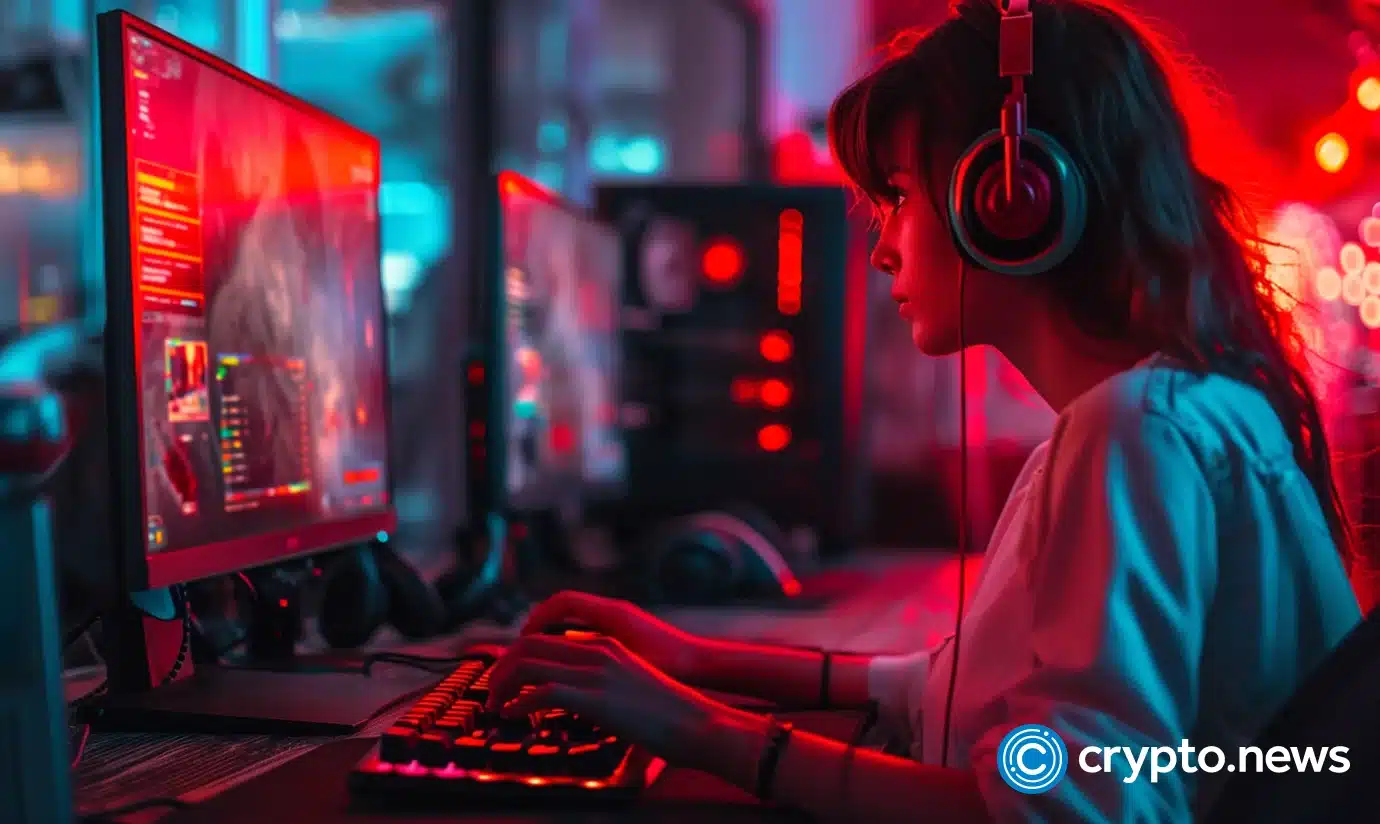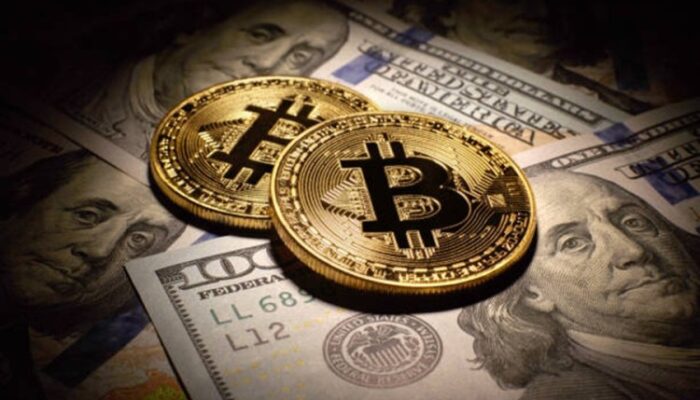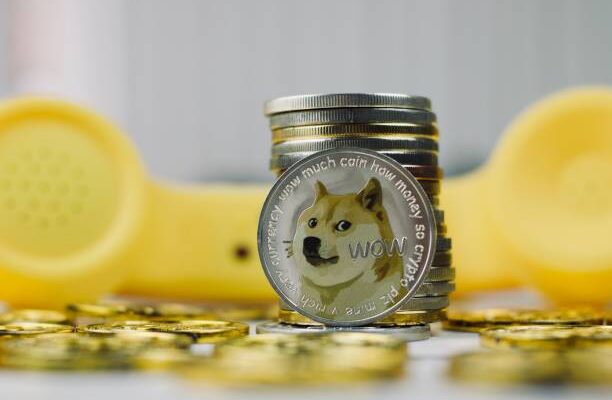The update of the Counter-Strike 2 skins exchange rules caused chaos. Some of the rare in-game items’ prices plummeted, stripping owners of the potential returns. The CS2 skins market cap dropped from $5.9 billion to $4.2 billion.
Summary
- In the first hour following the update, the prices for some of the in-game items declined by 40-60% on skin-trading platforms.
- Multiple gamers claimed they lost thousands of dollars in value due to the update. Other users, on the contrary, managed to sell previously cheap items for rare, costly knives.
- Social media is filled with unsupported claims of insider trading and suicides caused by market volatility.
- The situation is a hard lesson reminiscent of the one that once brought Vitalik Buterin to Bitcoin in his teen years.
The trade-up contract changes
The update was introduced by the game development company Valve on Oct. 22, 2025. The CS2 community anticipated it would be a usual bug-fixing patch, but on top of several minor improvements, it included serious changes to the game economy.
The changes made to “Trade Up Contract” allow the exchange of five rare StatTrak™ items (with “Covert” status) for a single StatTrak™ knife from the collection of one of those five items. Five regular items can now be exchanged for one regular knife or a pair of gloves.
To the people out of the loop on the Counter-Strike drama:
Counter-Strike 2 is an online shooter, but besides that, has a very lively economy around weapon skins, custom knives, custom gloves, etcetera.
The only way that skins are brought into the economy, is by opening a… https://t.co/HuZFFwDMbL pic.twitter.com/m4kPbIngy9
— Fantardio (@Fantardio) October 23, 2025
Before the update, people couldn’t exchange covert items for knives that had a higher rarity status. It created a value gap between items belonging to various rarity groups. An update aimed at democratizing the exchange of in-game items made some of the rare items less valuable. The reason is clear: now it is possible to exchange five cheap Covert items that cost $5–$10 for the knives that used to cost thousands of dollars.
Allegedly, some of the rarest CS2 items used to be sold for hundreds of thousands of dollars. At some point, a Karambit Case Hardened Blue Gem knife owner allegedly turned down an offer of $1.2 million for his item. More than that, the knives that used to be scarce by design suddenly became less scarce as exchanging Covert items creates new knives.
The fallout
Many users began to complain that they lost a lot of money because their rare items got too cheap. Some claim they were earning through CS2 items, and now Valve has made their model not viable anymore. The number of affected players is hard to evaluate. According to various sources, the entire skins market cap was cut by nearly a third, losing $1.7 billion out of $5.9 billion.
One of the most scandalous outcomes is the rumors of multiple teens committing suicide in the fallout of the market turbulence. However, none of these claims has been confirmed.
Traders are k*lling themselves over the CSGO2 crafting update
RIP pic.twitter.com/NPJm0Z9RS7
— Pirat_Nation 🔴 (@Pirat_Nation) October 24, 2025
The pictures of the Chinese police officers near one of the Universities circulating on social media, as the image related to suicide allegedly originated from earlier unrelated news reports.
Just got word that some developers apart of Counter-Strike 2’s new update were loading up on red skins before the updates release
Data shows that buy orders on red skins on the steam market were placed RIGHT before the updates release.
These developers sold their reds at 4x pic.twitter.com/EEG0OFqmP0
— scars (@lvscars) October 23, 2025
Another concern voiced across the CS2 community is allegations of possible insider trading. Some speculate that the Valve team members or people familiar with the upcoming update sold their Covert items at a premium. However, these claims are not supported.
The spectrum of reactions
The reactions to the chaos are understandably negative, while the change in the rules is praised by some and hated by others.
Some of the commenters were favorable towards the changes made by Valve. Some were saying that they play CS2 not because of the financial incentives, and ridiculed those who suffered losses. One of the commenters on Steam claimed that the new update finally allowed them to get a knife for the first time. “Maybe now people will stop trying to launder money through skins,” the commenter said.
The negative stance, however, is harsh. Some compare the situation to the biggest economic catastrophes of the recent past. For instance, one of the Steam users commented on the update post, calling the “Trade Up Contract” changes “the financial crisis 2008 equivalent, but for CS2.”
The situation raised questions associated with trust in centralized entities as people felt they were “rugged” by Valve. Former YouTube gaming head, Ryan Wyatt, told The Gamer:
“I think it actually has much less to do with supply shock than it does that [Valve] can, and will, unilaterally make dev decisions that can wipe billions in market cap. It’s more of a confidence issue. It’s this today, what tomorrow?”
The gamers hate crypto right up until they realize it’s the only way to stop things like this
— Viro ꙰ (@virotechnics) October 23, 2025
The crypto community may find the case reminiscent of what brought teenage Vitalik Buterin into Bitcoin. The Ethereum creator said he first understood the power of decentralization when Blizzard Entertainment nerfed Buterin’s World of Warcraft character via a new update.
It all started in 2010.
A 16-year-old Russian-Canadian named Vitalik Buterin was devastated when Blizzard nerfed his favorite World of Warcraft spell.
That night, he cried himself to sleep.
It was his first encounter with the tyranny of centralized control.
(2/19) pic.twitter.com/aKLG5odldO
— Max Drago (@MaximilianDrago) July 20, 2025
No wonder Ethereum became one of the pioneering blockchains used for in-game items minting and exchange. If the CS2 economy were based on blockchain, insider trading would have been traceable. As of the press time, Valve has not responded to the community outcry.




